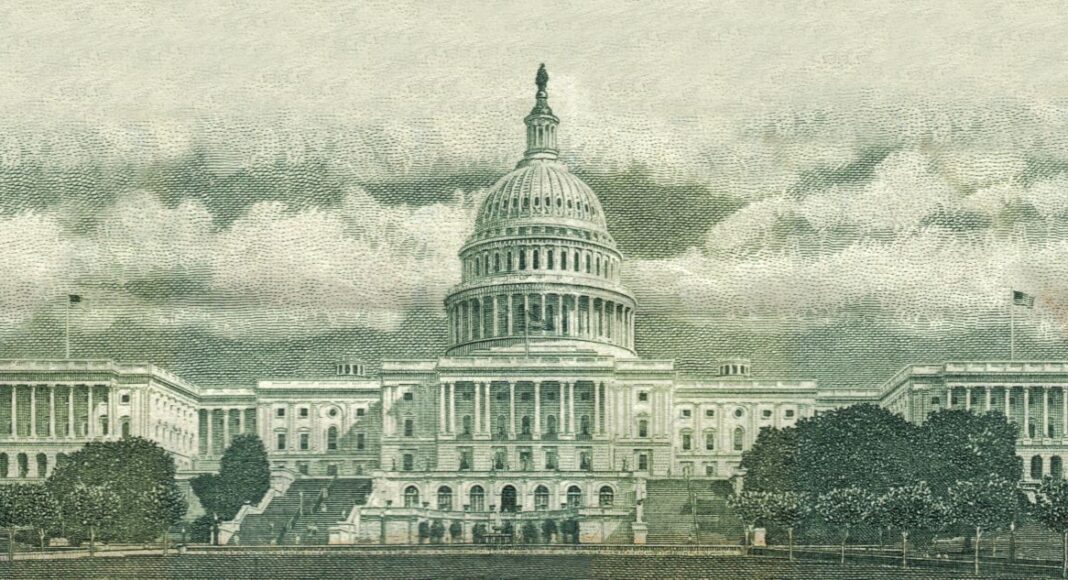Former special assistant to the president for technology and competition policy Tim Wu responds to the November 27 letter signed by former chief economists at the Federal Trade Commission and Justice Department Antitrust Division calling for a separation of the legal and economic analysis in the draft Merger Guidelines.
A group of former chief economists from the Federal Trade Commission and Justice Department’s Antitrust Division recently published a letter commenting on the draft Merger Guidelines. The letter states a concern with “a large amount of legal analysis, argument, and interpretation” in the draft Guidelines and suggests that the Guidelines be segregated to include a distinct section “focused solely on the interpretation of economic evidence in light of current consensus economic thinking.” It suggests a structure whereby the Guidelines would maintain a purely economic section that would, presumably, be meant to deliver the answers to key questions as economists understand them.
The authors are respected economists who have served the public and their views merit careful consideration. The letter appears to envision a pure, technocratic analysis at the center of economic policymaking, in this case, merger analysis. The problem is that the approach misapprehends the role of experts in a constitutional democracy. In short, it insufficiently appreciates that the primary duty imposed on the agencies is to “faithfully execute” the law by obeying Congressional statutes and binding precedent.
The authors of the letter may suggest that they merely wish to separate the legal analysis from the economic for better clarity and to prevent cross-contamination. But such a separation seems difficult or impossible when Congress and the Supreme Court have directly weighed in on key economic questions. Section 7 of the Clayton Act makes it illegal to acquire another company when doing so would “substantially to lessen competition.” Congress in enacting that law sought to fight “a rising tide of economic concentration in the American economy” and feared “not only of accelerated concentration of economic power on economic grounds, but also of the threat to other values a trend toward concentration was thought to pose.” Some economists may well disagree with Congress’s goals but the agencies are not, therefore, at liberty to ignore those goals in favor of expert opinion.
In addition, the Supreme Court, in its interpretation of the antitrust statutes, has also repeatedly weighed in on economic matters, from Brown Shoe and Philadelphia National Bank through American Express. Many economists and scholars disagree with the reasoning in one or more of these cases. A federal agency might also disagree, yet unlike a professor, it is not at liberty to treat such cases as overruled if it should conflict with a current consensus in economic thinking.
This gets us to that consensus in economic thinking to which the letter refers. I am not an economist, yet even from a distance one can discern a lack of consensus over matters as basic as the impact of vertical mergers on competition. And other economists, including labor economists or macroeconomists, may have very different views on how United States merger policy affects the broader economy.
It is not as if the draft Merger Guidelines are suggesting that economic analysis should have no role in merger enforcement. In fact, economic reasoning remains central for key questions of assessing and predicting market concentration, assessing competition among firms, and so on; for all of these and others are places where there is no substitute for sophisticated economic methods. But they do suggest that the federal officials enforcing the law are bound to carry out the directives of Congress as interpreted by the Supreme Court, as required by the Constitution, which seems entirely appropriate in a rule of law society.
At some level the November 27 letter can be understood as a plea to preserve a more purely technocratic approach to American economic policy, an approach that has held great influence since the 1990s. But while expertise will always matter, excessive technocratic delegation is also at risk of becoming anti-democratic. Merger policy is a matter of public concern that affects how millions of Americans live, work, and gain access to essential services, like hospitals, and in this context, non-enforcement can be as impactful as enforcement. The hard fact is that the U.S. Constitution does not include any “antitrust exception” to the duties of the administrative officials to “faithfully execute” the law. For that reason, the suggestions of the letter, however well intended, should be resisted.
Articles represent the opinions of their writers, not necessarily those of the University of Chicago, the Booth School of Business, or its faculty.






